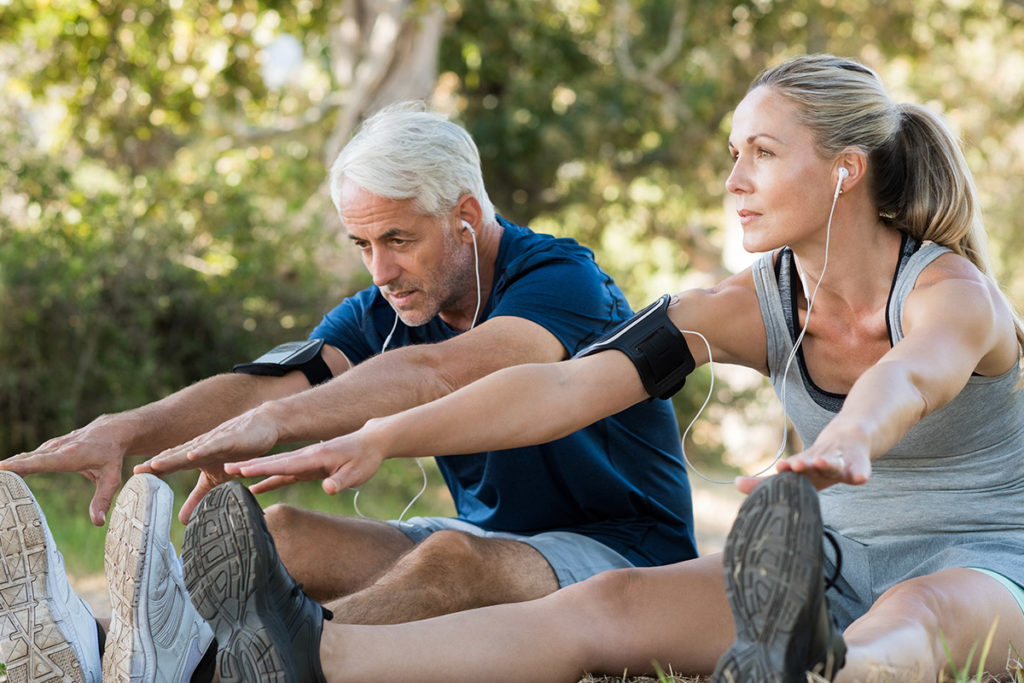 What Are the Benefits of Exercise in Older Age?
What Are the Benefits of Exercise in Older Age?

There are a variety of reasons why we slow down and become more sedentary as we get older. It may be because of health issues, weight or pain issues, or fear of falling. An active lifestyle becomes more important than ever to your health as you get older.
Getting active will make you feel more energized, preserve your freedom, protect your spirit, and control sickness or pain symptoms, as well as your weight. Exercise is also beneficial to your mind, mood, and memory. It’s never too late to find easy, fun ways to increase your physical activity, boost your mood and attitude, and reap the many physical and mental health benefits of exercise.
Starting safely
Getting active as you age is one of the healthiest choices you can make, but you must do so safely. There are some points to keep in mind while you intend to start exercising in old age.
Before beginning an exercise program, get medical clearance from your doctor, particularly if you have a preexisting condition. Check with your doctor to see if there are any activities you can stop.
Think about your fitness
Keep in mind how your health issues are affecting your workouts. When it comes to setting an exercise schedule, diabetics can need to change their medications and meal plans.
Pay attention to the body
It should never hurt or make you feel bad to exercise. If you become dizzy or out of breath, or if you experience chest pain or pressure, stop exercising immediately and contact your doctor. If a joint is red, swollen, or tender to the touch, stop what you’re doing. If you have pain or discomfort after exercising, consider exercising for shorter periods but more often during the day.
Begin slowly and gradually increase your workload
If you haven’t been exercising in a while, start slowly and gradually increase your exercise routine. Try doing ten-minute interval exercises twice a day. Alternatively, try only one class a week. If you’re worried about falling or have a heart condition, begin with simple chair exercises to gradually improve your health and confidence.
Heat up, cool down and keep water handy to avoid injury and pain
Make a commitment to an exercise routine for at least three or four weeks to ensure that it becomes a habit and that you stick to it. Finding things that you enjoy makes this much simpler.
Play around with mindfulness
Rather than tuning out while exercising, concentrate on how your body feels when you walk. Mindfulness will help you develop your physical health more quickly, as well as alleviate stress and anxiety.
Maintaining activity levels requires the right diet
Diet and exercise can have a significant effect on your energy, mood, and fitness levels. Many older adults may not consume enough high-quality protein, despite evidence that they need more than younger people to sustain energy levels and lean muscle mass, aid recovery from illness and pain, and boost overall health.